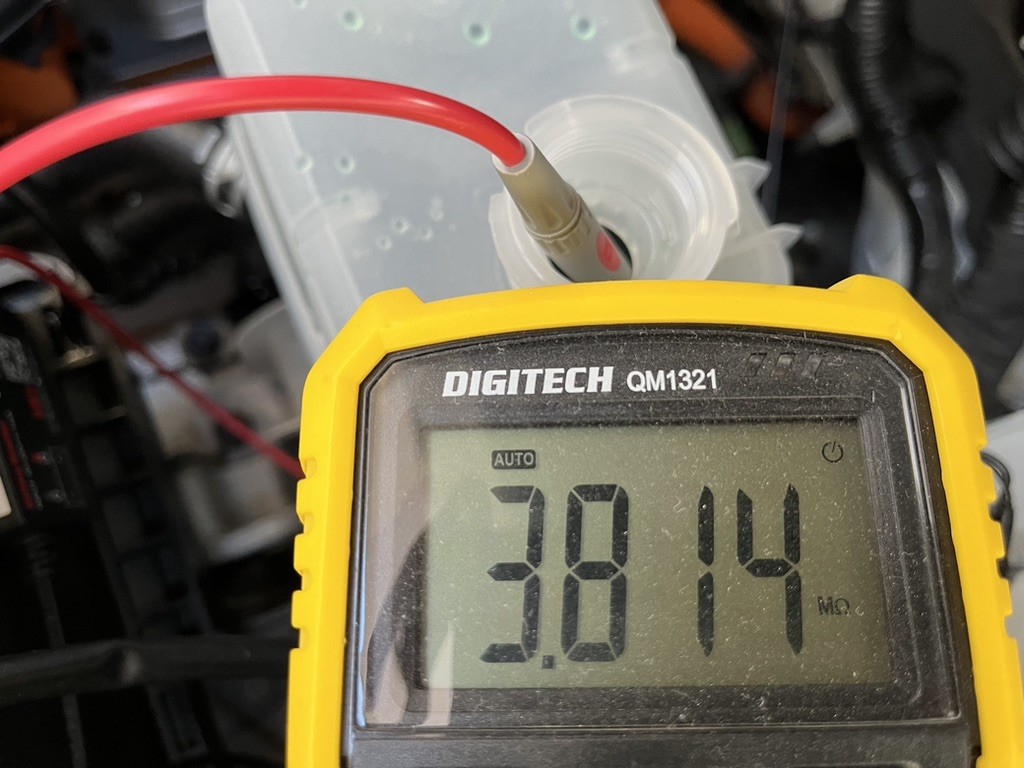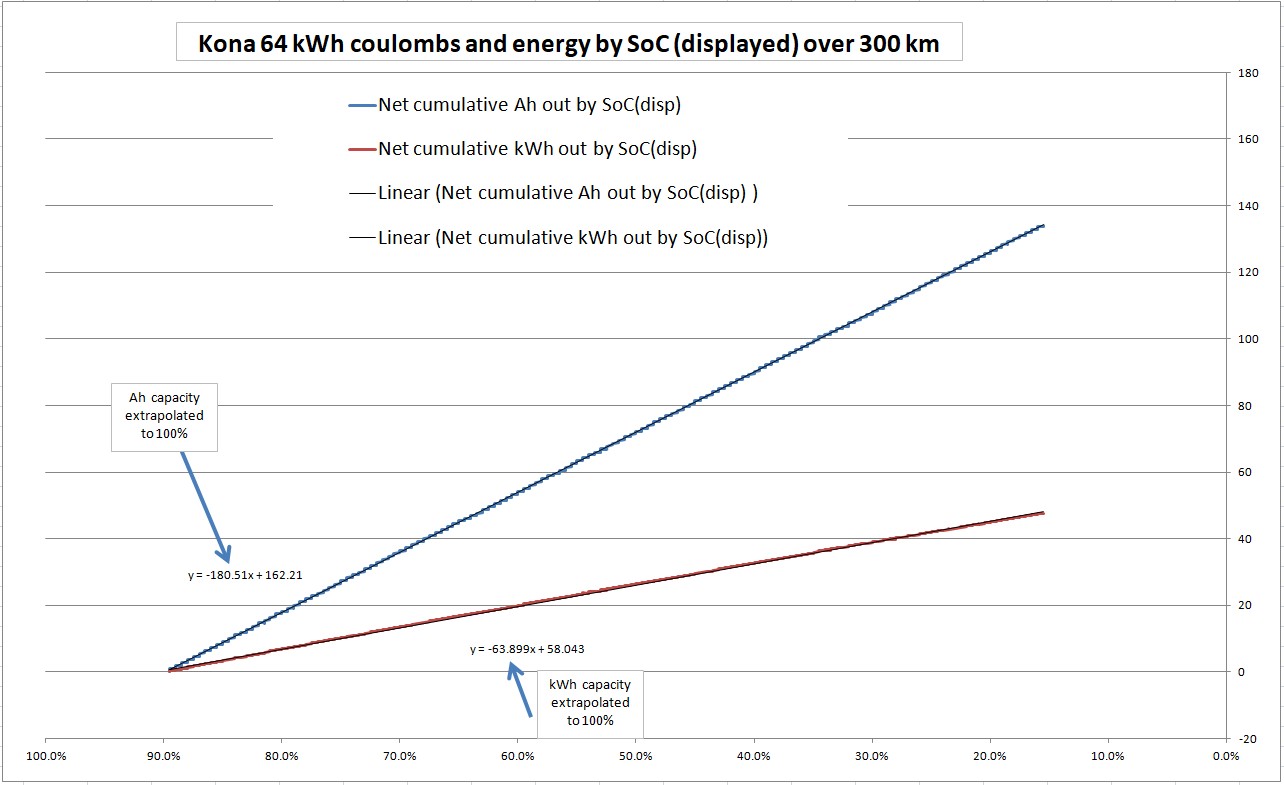ShockProof:
I am looking at new cars first. My general opinion of Renault is don't buy, but that is based on ICE cars. It's just a quick judgement based on low sales and big distances to the spare parts warehouses. Also from looking at reliability stats for vehicles, most European brands don't do very well. I would have to do a lot of checking before I could satisfy myself that a Renault Zoe was a good idea.
I understand what you are saying about 11 vs 22 kW in real world charging. I need to do a lot more work on electricity tarrifs that suit EVs and the real savings if i want to get the best plan. I guess a Zoe type battery wouldn't charge at 22 kW for 3 hours anyway, and as everyone is pointing out, it wouldn't really start at zero charge.
I am still a looking at the new Nissan Leaf and its slower charging rate of 6.6 kW 1-ph. And being aware that Renault owns a big part of Nissan and votes on their board. Not a perfect world.
This is giving me a lot to think about.thanks to everyone who is providing help and advice.
In terms of the Zoe, They are in interesting offering. Essentially a economy sub-compact hatchback, that sold extremely well in Europe, largely due to it's low price after subsidies. (sometimes in Europe it was sold with the battery pack, and sometimes it was sold without, but bundled with a pack lease).
ZE and ZE40 Zoe's don't include DC charging, but had a clever AC charging system dubbed the Chameleon charger. Every version could charge at up to 22kW, and some up to 43kW. It did this by pulling double duty on some drive train components. Downside was very poor charging efficiency at slow charge rates (i.e. 70% efficient off a wall socket).
For a while the ZE40 Zoe with its 41kWh battery was the longest ranged EV in NZ without a six figure price tag.
it doesn't have quite the same reputation for reliability as it's alliance partners EV, the nissan leaf. At least one high profile failure in NZ.
The latest zoe (ZE50) has just landed in NZ. $64 / $66k RRP before rebate & ORC for 80kW and 100kW versions respectively. 52kWh battery. 22kW max fast AC charging, and DC fast charging available (46kW max).
In terms of EV shopping in NZ in general, Typically the cars commonly available as used imports from japan (i.e. Nissan leaf) make relieve poor buying as new cars.
In short, these cars are much better value as used imports. Take a look on trademe at the 62kWh / 160kW leaf e+
They collect a subsidy when sold in Japan, get used (and deprecate a bit), before sold, shipped to NZ, where they can collect our used (but fresh import) subsidy. Often they have higher trip / spec than the Cars Nissan NZ is trying to sell for $15k+ more. The leaf's are highly reliable (noting known battery degradation), and conversion services to make everything English exist, so buying a used import is an obvious pick for a private buyer.
A 6 month old guide to EV's in NZ is here:
https://www.electricheaven.nz/NZ-Electric-Car-Guide-13June2021.pdf
ATM the main New EV's to consider are:
- MG ZS EV: NZ's new cheapest EV, and a pretty solid offering.
- Tesla Model 3: 211kW RWD in Base SR+ spec. Low price for performance offering. Very low depreciation.
- Polestar 2: sedan shape liftback: very big batteries for price. Very new offering. 1500kg tow rating.
- Mini EV: Shorter range offering, but cute and desirable commuting car for the price. Long waitlist.
Hyundai / Kea have good offerings, but current pricing means the above are better value offerings at the moment.
Don't get to hung up on the liquid cooling battery thing. All EV's (incl my 24kWh leaf with passively air cooled battery) have a liquid cooling system for stuff like the motor, charger etc, so it's not like it is a whole new system. And liquid cooling systems are highly reliable on cars these day's. don't see anybody seeking out air cooled VW's for reliability reason's...
The biggest issue with not having an actively cooled pack is that it get's really hot if you fast charge (big charges) it more than twice in the same day.
With the Nissan leaf, The battery chemistry was changed prior to the 2014 model year. It is only really the 2011 - 2013 that are terrible for loss of health. Indeed the 40kWh pack seems to be holding up OK ( median health around 91% on 2017 cars)
https://flipthefleet.org/resources/benchmark-your-leaf-before-buying/



